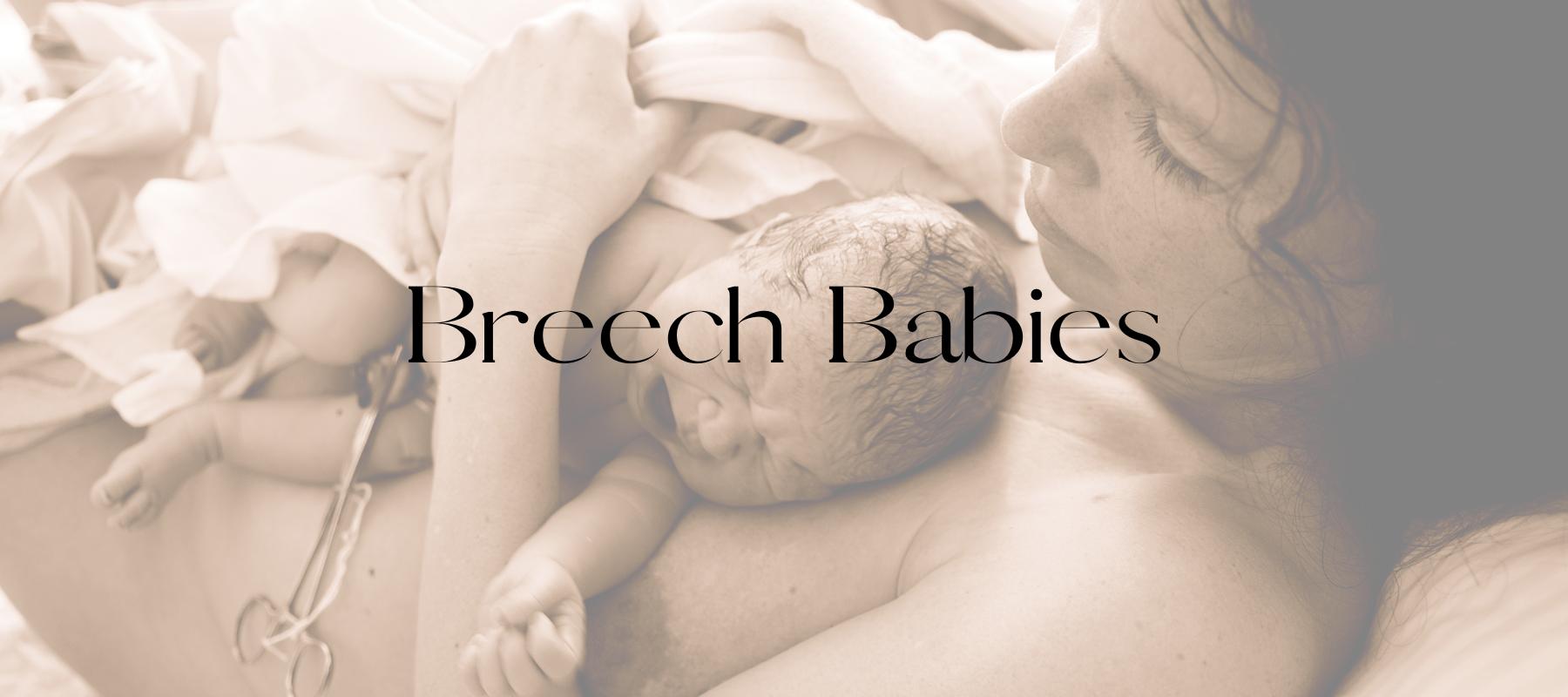There are many changes in your first week as new parents. Amongst all the excitement of greeting your newest family member there is a recovery period, sleepless nights, and (a lot) of nappies. There are sore nipples and milk-stained clothes.
There is also an adjustment period and a time to bond as a family. These are some of the most precious moments, and if everything goes according to plan – your midwives, nurses and doctors should help facilitate this time together when possible!
If your plan is to breastfeed, you should aim to offer the first feed within an hour after birth (if possible) By doing so, you assist his transition as well as your own recovery. This is due to oxytocin, colloquially known as ‘the love hormone’.
What if your birth didn’t go according to plan?
Unfortunately, separation of mother and baby at birth is sometimes unavoidable. This may be due to various reasons including emergency caesarean section with baby requiring airway support after delivery, premature delivery, maternal complications such as severe bleeding.
If you aren’t able to hold your baby for whatever reason, skin-to-skin contact with your partner is the next best thing. This skin-to-skin contact helps regulate your baby’s temperature, heart rate and blood sugar.
Your baby also colonises his/her gut flora based on the bacteria they come into contact with in their first few weeks – this is why it is so important for you and immediate family to be handling baby only, and avoiding a lot of external contaminants.
Colostrum
The first time you breastfeed/express you will often larger amounts of colostrum then when you breastfeed later the same day. This is due to the elevated levels of oxytocin released at delivery. Rest assured, you will be back to producing more very soon!
These first breastfeeds also help your recovery too. Oxytocin helps your uterus contract which reduces your risks of major bleeding (postpartum haemorrhage).
If your baby isn’t able to breastfeed for whatever reason, you should start expressing as early and as frequently as you can. Initially the best way to express is by hand, this is because a breast pump will not be able to remove colostrum from the breast. But expressing via electric pump alongside hand expressing will give you the best breast stimulation in the absence of baby breastfeeding.
- Aim to use a double electric hospital quality breast pump every 2-3 hours during the day and every 4 hours at night
- Ensure pump size/flange is correct and pump working effectively
- Hand express after using the breast pump to remove colostrum to give to baby. This is easier after pumping because you have already ‘warmed up’
Breastfeeding attachment
Being able to attach your baby effectively is crucial for getting your breastfeeding journey off to a good start. A suboptimal latch can cause sore/damaged nipples, inhibit breast stimulation and lead to a hungry and irritable baby!
Seek support and advice early, don’t hesitate to ask your healthcare providers to check your baby’s latch and ensure your technique is correct. This will give you the confidence to breastfeed independently at home.
When your baby is attached well, you will likely feel a tugging/pulling sensation, but you shouldn’t feel sharp pain. Baby’s lips should be flanged outwards, chin tucked into the breast and cheeks touching the breast.
How often should your baby feed?
In this first week, newborn feeding behaviours vary from baby to baby.
The first 24-48hrs
- Some babies have 1-2 big feeds and then just want to sleep! This is their time to rest and recover from delivery.
- Or the opposite is possible, some babies demand to be breastfed frequently instead
- Babies at this age only need small amounts of colostrum! They only have a tiny tummy, the size of a cherry. (5-7ml)
- Offer lots of skin-to-skin contact if you can!
48-96hrs
- Now your baby’s stomach capacity is increasing, and so is their appetite! They will likely now be demanding breastfeeds 8-12 times every 24hours.
- This is a normal physiological response and it’s supposed to help you establish your breastmilk supply as your body has no choice but to respond!
- Baby will lose some weight in this time, and that’s okay! Your healthcare provider will make sure that they don’t lose too much (>10% of their birth weight)
- You will likely start noticing lactation changes now too (feeling fuller, heavier, and emotional!)
96+hrs
- Hopefully by now your baby will have settled back down and is enjoying the fruits of your labour, your milk is coming in!
- Baby should be settling for longer periods between feeds and lots of wet nappies!
How do I know my baby is getting enough?
The best way to be reassured about your baby’s milk intake is to consider the ‘big picture’. This includes:
- Behaviour – are they alert, responsive to noise and touch, able to settle between feeds, but also waking and demanding to be fed when the time is right?
- Nappies – what goes in, must come out! Newborns should have 5+ clear wet nappies a day from day 5 onwards.
- Weight gain – after initial weight loss in the first 96hrs, your baby should now be steadily gaining weight. It is expected that baby will be back to their birth weight by 10-14 days.
How can I set myself up for success?
The first week (well, the first 6 weeks really!) are an emotional experience, both beautiful and exhausting! Try to surround yourself with supportive family and friends and don’t hesitate to reach out to your healthcare provider for extra advice and support. Take time to rest when you can and enjoy those precious moments getting to know your little one.
Written by Keryn Thompson RM & IBCLC (L-301766)
References
Bass, J., Gartley, T. and Kleinman, R., 2016. Unintended Consequences of Current Breastfeeding Initiatives. JAMA Pediatrics, 170(10), p.923.
Eidelman, A., Schanler, R., Johnston, M., Landers, S., Noble, L., Szucs, K. and Viehmann, L., 2012. Breastfeeding and the Use of Human Milk. Pediatrics, 129(3), pp.e827-e841.
Feldman-Winter, L., Kellams, A., Peter-Wohl, S., Taylor, J., Lee, K., Terrell, M., Noble, L., Maynor, A., Meek, J. and Stuebe, A., 2020. Evidence-Based Updates on the First Week of Exclusive Breastfeeding Among Infants ≥35 Weeks. Pediatrics, 145(4).
Mtove, G., Abdul, O., Kullberg, F., Gesase, S., Scheike, T., Andersen, F., Madanitsa, M., Kuile, F., Alifrangis, M., Lusingu, J., Minja, D. and Schmiegelow, C., 2022. Weight change during the first week of life and a new method for retrospective prediction of birthweight among exclusively breastfed newborns. Acta Obstetricia et Gynecologica Scandinavica, 101(3), pp.293-302.
Pakseresht, S., Pourshaban, F. and Bostani khalesi, Z., 2017. Comparing maternal breastfeeding self-efficacy during first week and sixth week postpartum. Electronic physician, 9(2), pp.3751-3755.



